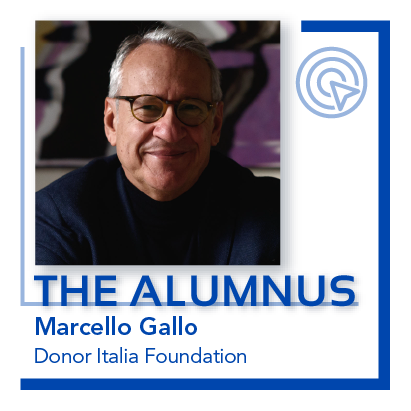
There Is More to It Than Profit
In a global context that requires choices capable of creating value, but also of rapidly renewing conditions for growth in order to maintain competitive advantage, companies are called upon to pursue multiple objectives simultaneously. Attention to sustainability has finally spread on a large scale; the scarcity of resources and the crisis we are experiencing are leading to acknowledgement of philanthropy as having an important role in the search for solutions to complex social problems. Defined as a new managerial model based on the enhancement of the relations and abilities of the firm to strategically integrate social and environmental issues, corporate sustainability is acquiring increasing importance as an innovative approach to business success. The global challenges for sustainable transformation that companies are facing today bring them to innovate in the ability to design and industrialize a kind of "sustainable sustainability", i.e. composed of new or hybrid initiatives that are well balanced across different dimensions: economic, environmental, social and governance (ESG). The integration of these dimensions makes it possible to pass the threshold beyond which transformative processes enter positive, self-sustaining feedback loops, thanks to widespread spontaneous behavior
inspired by authentic economic advantage but also environmental and social interest shared by all ecosystem stakeholders. This turning point is the condition that will enable us to sustain a broader and more intense environmental and social sustainability in the community over time.

On the other hand, it has become an evident truth that there is a close link between economic success and social progress. Every day, a growing number of companies demonstrate how philanthropic investment generates shared value and has a positive impact on business as well. In light of the current crisis, the reduction of resources (the how much) that are allocated to giving activities is leading individuals and companies to rethink ways of practicing philanthropy from passive to active (the how), in addition to a rethinking of the recipients (to whom) . Our recent research shows that philanthropic investment – currently growing – integrated with sustainability is increasingly becoming a strategic tool for companies acting for the common good. In particular, consistently with the health situation, top recipients of corporate generosity are "Civil protection, emergencies and disasters" and "Health and public health". Finally, these results fuel the debate on the need for companies to move towards broader objectives, making corporate philanthropy a laboratory for the sharing of models and practices for social innovation and engagement of territorial communities.
In conclusion, on the one hand, it is necessary to continue to stimulate awareness of the importance of investing in communities, which must produce not only an immediate good, but an outcome and an impact capable of triggering a social change. On the other, there needs to be the commitment for seriously transformative sustainability, so that companies must formulate a sustainable strategy integrated with socially responsible giving, since this not only helps companies prosper and grow, but also generates long-term value bringing benefits to all stakeholders and future generations. For sustainable companies, ESG and Corporate Giving are not about meeting certain guidelines, but laying the foundations that will determine the company's future performance. Businesses that fail to transform are forewarned!